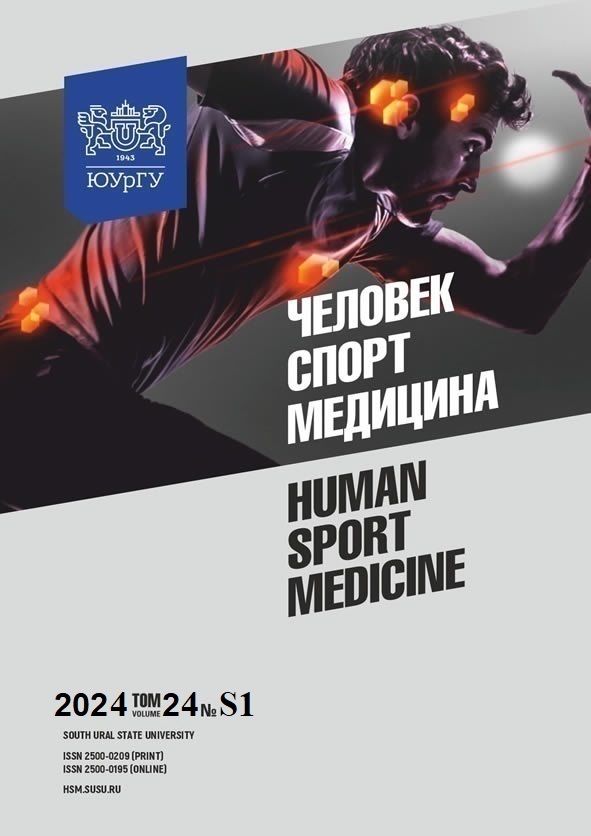FEATURES OF LEGAL REGULATION OF WOMEN'S LABOR IN PROFESSIONAL SPORTS
Abstract
Aim. This study aims to scrutinize the characteristics of legal regulation concerning the employment of women in professional sports, alongside evaluating the practical application of these regulations. Materials and methods. This study encompasses a comprehensive examination of legislative enactments and regulatory norms that govern various facets of labor law, alongside an analysis of their implementation practices. The research framework is underpinned by a combination of systemic-structural and comparative legal methodologies, incorporating principles of historicism, determinism, and both analytical and synthetic approaches. Results. A thorough review of legislative texts and scholarly literature has been conducted, revealing gaps in the regulatory framework concerning the labor conditions of female athletes. This analysis has led to the formulation of recommendations aimed at enhancing and further evolving Russian labor legislation within the sports sector. It is imperative that the regulatory focus remains centered on the health, maternal function, and feasibility of balancing family responsibilities with professional commitments for female athletes. Conclusion. The labor conditions of female athletes are governed by a multitude of regulations, including federal laws, sports organization charters, and labor law standards. These organizations are mandated to ensure appropriate working conditions, medical support, and the minimization of accident risks during sporting events in accordance with labor safety standards. However, the enforcement of these standards presents challenges in regulating labor relations. If the relationship between a female athlete and sports organizations is governed by civil law, it may result in the denial of labor law privileges. Given the demographic dynamics in Russia, it is essential to develop supplementary social protection measures for pregnant women and mothers, including legislative interventions. The introduction of these measures will not only update the legislative framework governing the labor relations of athletes but also significantly
facilitate the practical application of these standards.
References
References on translit
Copyright (c) 2024 Human. Sport. Medicine

This work is licensed under a Creative Commons Attribution-NonCommercial-NoDerivatives 4.0 International License.















